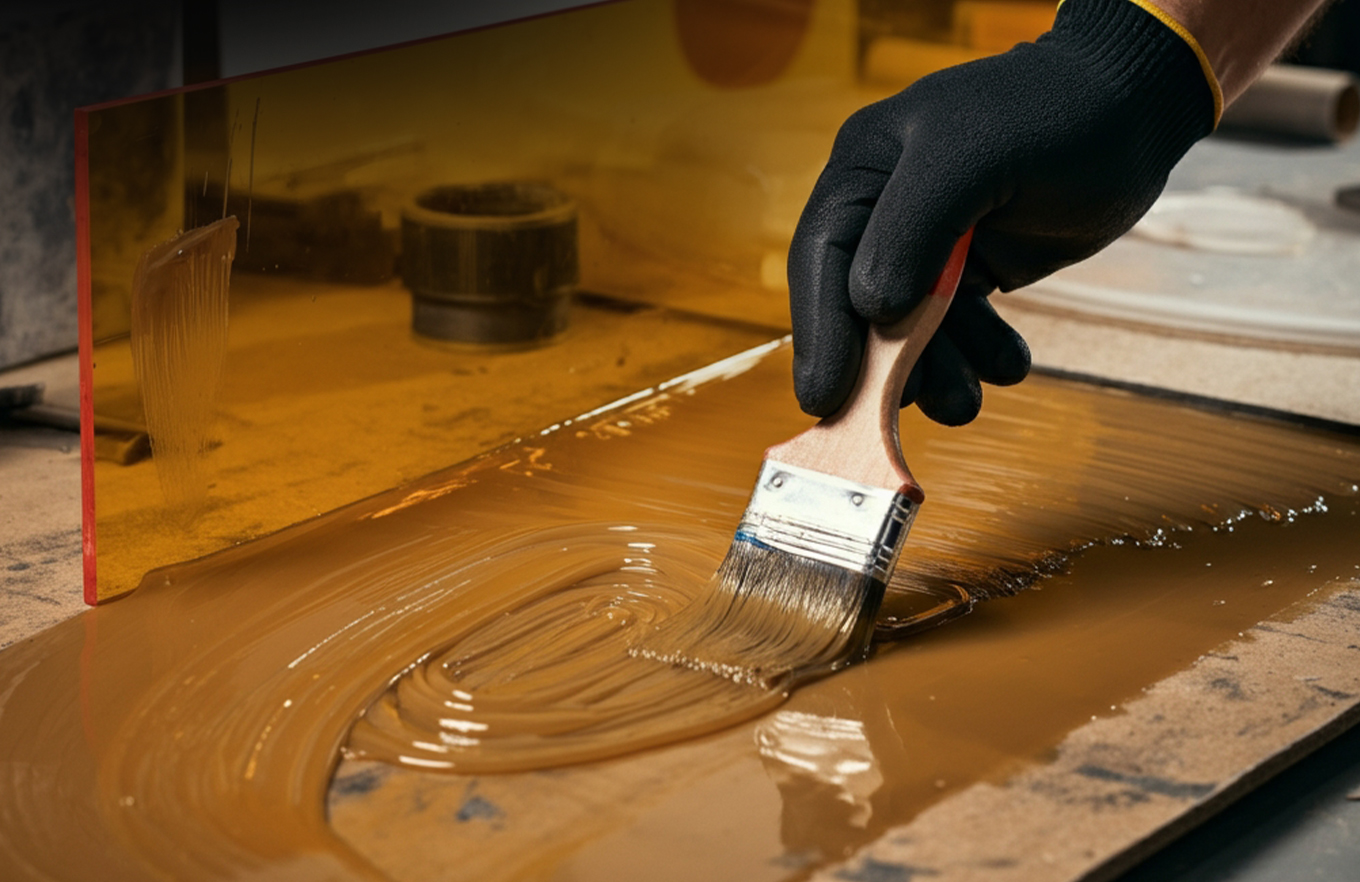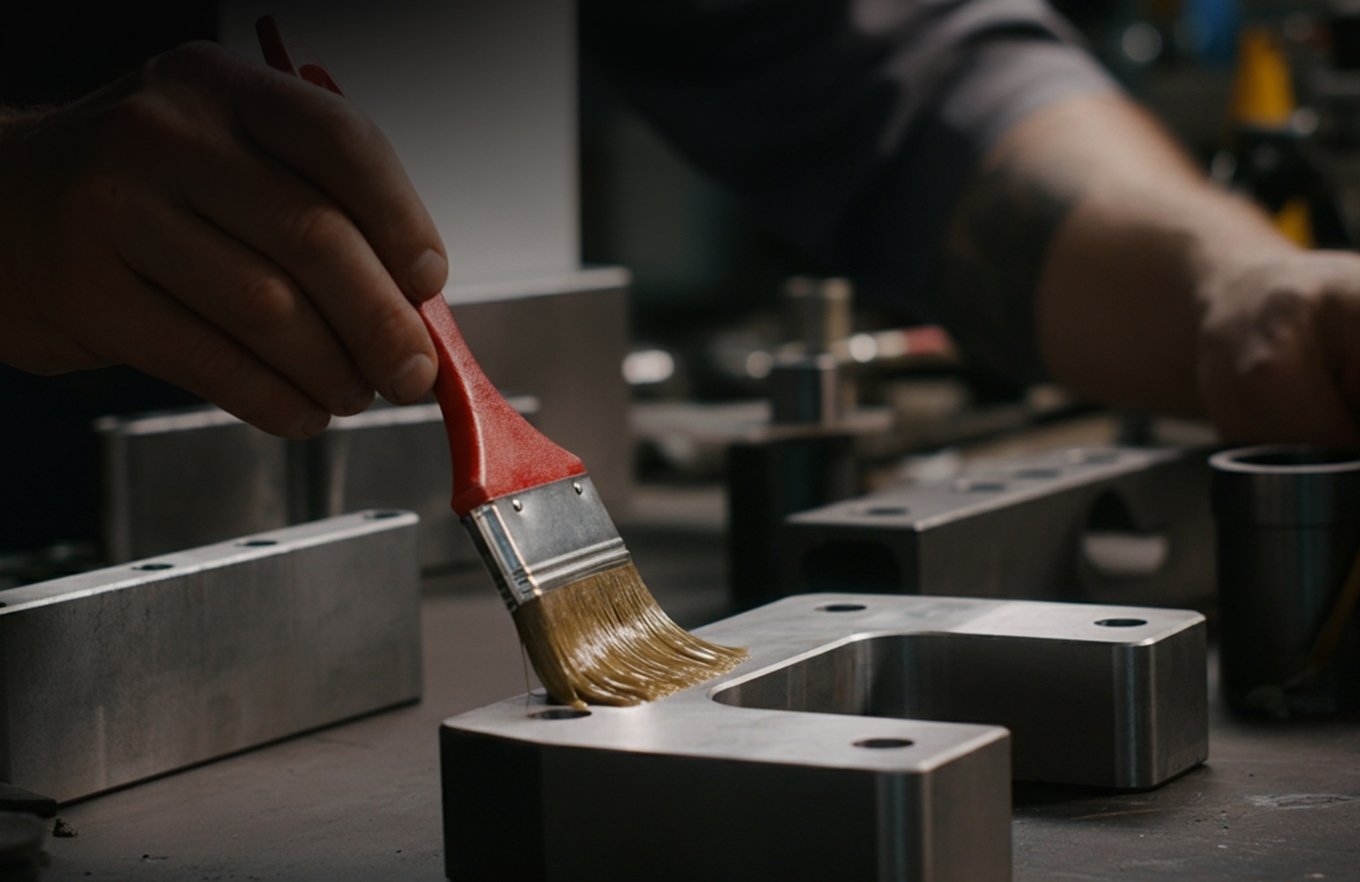
In this article, we explore how partnering with an experienced industrial adhesive manufacturer can make a significant difference in strength, reliability, and efficiency for industrial operations. The right adhesive choice improves performance, ensures safety, and extends equipment lifespan across industries such as automotive, construction, and manufacturing. However, improper selection or application can lead to structural issues, wasted materials, and increased costs.
Also, we’ll cover best practices for storage, handling, and application, and highlight how trusted companies like Samad Adhesive provide rubber adhesive solutions designed for strong, consistent, and long-lasting bonds. So, let’s dive into it!
Rubber adhesives are designed for flexibility, resilience, and high bonding strength, making them ideal for industrial applications. From machinery components to conveyor belts, these adhesives maintain adhesion even under extreme stress or temperature changes. An experienced industrial adhesive manufacturer like Samad Adhesive provides products that meet strict quality standards, ensuring reliable performance in every application.
Depending on the intended use, industrial rubber adhesives vary in viscosity, cure time, and resistance to chemicals or environmental factors. Ultra Bond from Samad Adhesive, for example, is engineered for multi-surface adhesion, while specialized formulations cater to high-temperature or heavy-load environments. Choosing the right type reduces maintenance needs and prolongs equipment life.

Before application, clean surfaces thoroughly to remove dust, oil, or moisture. Any contaminants can compromise bonding efficiency, leading to premature failure. Samad Adhesive emphasizes that even minor oversights during preparation can reduce adhesive strength by up to 30%.
Applying the adhesive evenly and according to manufacturer guidelines ensures maximum contact between surfaces. For industrial setups, using spreaders or automated dispensing systems guarantees consistent coating. Well, rubber adhesive for industrial use should be applied in controlled environments to avoid excessive drying or curing issues.
Temperature and humidity play a vital role in the curing process. Adhesives may require room temperature stabilization or specific curing times for maximum effectiveness. Following the technical sheet provided by an industrial adhesive manufacturer like Samad Adhesive ensures predictable results and reduces costly errors.
Skipping recommended guidelines can lead to adhesive failure. Always follow the instructions provided by trusted suppliers like Samad Adhesive to maintain performance standards.
Exposure to extreme temperatures or moisture can degrade the adhesive’s properties. Keep products in sealed containers, away from direct sunlight, and maintain consistent storage conditions.
Applying too much adhesive may seem safe, but it can cause a mess, slow curing, and inefficient bonding. Precision application is crucial for industrial-scale efficiency.

High-grade adhesives ensure that industrial components remain bonded even under stress. Importantly, Samad Adhesive formulations provide superior shear and peel resistance for extended operational life.
Rubber adhesives are suitable for multiple surfaces, including metal, rubber, and composites. And a trusted industrial adhesive manufacturer always offers products tailored to specific needs, reducing the need for multiple adhesives.
Using reliable adhesives minimizes repairs, replacements, and downtime, ultimately saving on operational costs. Well, quality adhesives like those from Samad Adhesive reduce material waste and enhance productivity.
Contaminants can compromise adhesion. Always work in a controlled, clean space to maintain adhesive integrity.
Before large-scale application, test the adhesive on a sample area to ensure compatibility and desired performance.
Monitoring bonded areas over time allows early detection of wear, helping prevent major failures.
Contact our team today to get expert advice and premium-quality adhesives for your industrial projects now.
All in all, selecting the right rubber adhesive for industrial use from a reliable industrial adhesive manufacturer like Samad Adhesive ensures long-lasting bonds, operational efficiency, and cost savings. Not only this, but proper application, storage, and adherence to best practices make all the difference in industrial settings as well. By following these guidelines, industries can maintain high performance, reduce downtime, and achieve better overall results in their operations.
Evaluate surface type, environmental conditions, and load requirements, then consult an experienced industrial adhesive manufacturer like Samad Adhesive.
High-quality adhesives are versatile, but always check manufacturer specifications for surface compatibility and conditions.
Store in a sealed container, away from sunlight, extreme temperatures, and moisture to maintain adhesive performance.